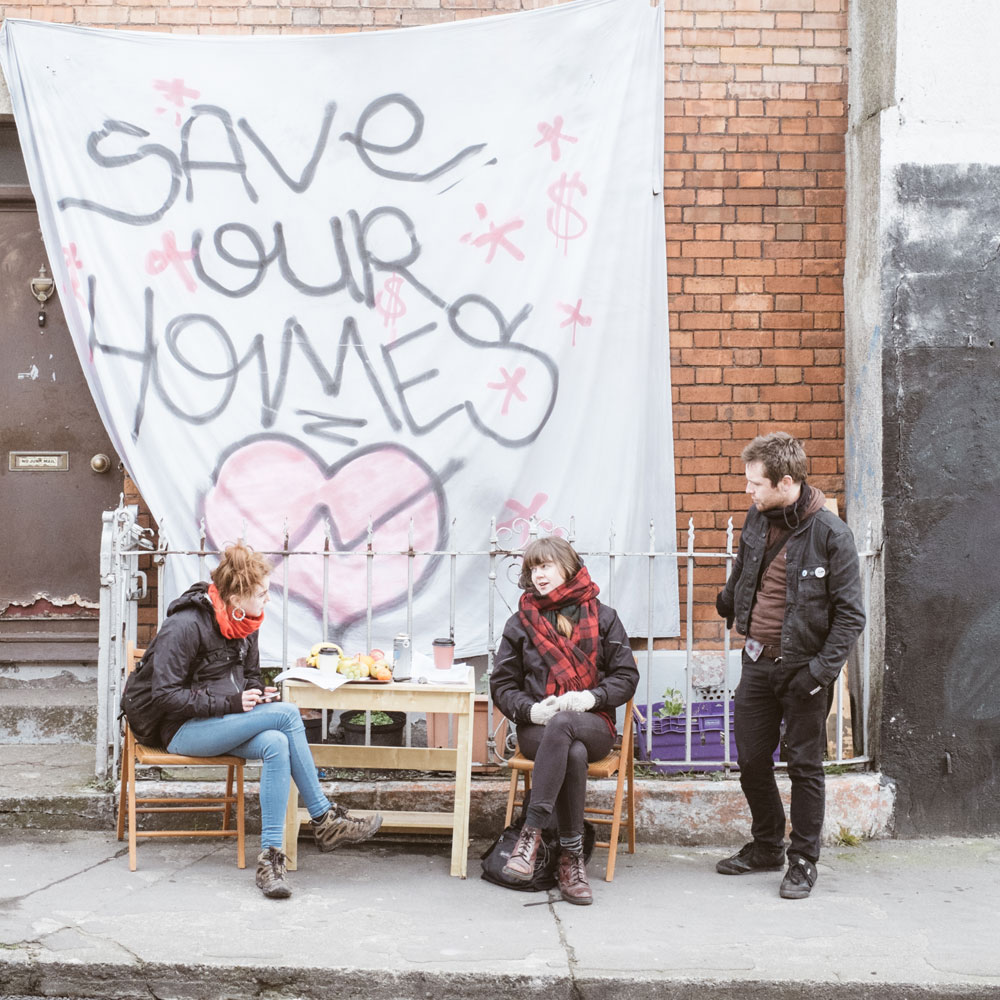
December 3, 2020; Chicago Tribune
Add the grim impact of COVID-19 on housing insecurity to the scourges of job loss, food insecurity, and mounting virus infection case numbers and fatalities, and you have the makings of a perfect storm that could push people to the streets at the very moment when it is most critical to remain “sheltered in place.”
Housing loss is among the most frightening aspects of these times, when the pandemic lurks around every corner and having a safe place to live may be one of the few protected options people have. An August report found that anywhere from 29 to 43 percent of renter households faced the risk of eviction by year’s end.
Fortunately, in early September, the Centers for Disease Control and Prevention (CDC) staved off that possibility by instituting a national eviction moratorium. The order was imperfect—it had no measure for forgiving rent for tenants or reimbursing lost rent for landlords. Still, at least it has kept most tenants in their homes. But that moratorium has an end date, December 31st, just a few weeks from now.
As a result, the conundrum continues, as many tenants brace for the worst. For its part, the Chicago Tribune spoke with 11 leaders, experts, and advocates in the housing arena to ask what federal policy can do as President-Elect Joe Biden prepares for his inauguration.
More than one of those interviewed brought up federal subsidies and grants and expansion of federal housing vouchers. Relief for tenants should also mean relief for the housing provider, argued Andy Schcolnik, president of the Southside Builders’ Association. He pointed to the lost income on the part of landlords and builders. But government subsidies have worked, and he favored expanding the federal housing choice voucher program.
Sign up for our free newsletters
Subscribe to NPQ's newsletters to have our top stories delivered directly to your inbox.
By signing up, you agree to our privacy policy and terms of use, and to receive messages from NPQ and our partners.
Another recurring theme among these interviews was that of collaboration and shared responsibility. Dealing with housing insecurity, especially as it results from the COVID-19 pandemic, cannot be the responsibility of just one governmental agency or organization. Audra Wilson, president of the Shriver Center on Poverty Law, spoke to this when she pointed out that the conversation around rent relief should focus on how the interests of tenants and landlords are aligned.
“Our biggest concern right now is that we’re heading for a huge housing crisis that’s characterized by possibly even higher eviction rates than we saw during the Great Recession,” Wilson says. “The federal government needs to act more like an insurer and pick up the slack because, by definition, there’s no market solution here.”
What is clear is that the federal government is the critical link in moving this issue forward. The Institute for Housing Studies at DePaul University in Chicago found that the pandemic has had greater impact on renters of color and on those who were already financially stressed. “The current crisis will only destabilize them further,” said the institute’s executive director, Geoff Smith. “Without additional federal action, the situation could become even more dire.”
Another player in housing insecurity is the banks and mortgage lenders. They have a stake in this arena and, as Wilson from the Shriver Center points out, can afford to bear the burden easier since they are often insured against losses in this market. Reducing or forgiving mortgage payments would help landlords and homeowners avoid foreclosure and make it easier for housing providers to forgive rent debt. “That’s definitely something we could advocate for,” she said.
Housing is a complicated issue and COVID-19 has added to its complexity. As the pandemic has increased economic insecurity in the US, it has expanded the threat of eviction. Clearly, it is critical that action be taken to keep people in their homes. And after that, it will be important to deal with the structural shortage of affordable housing that predated the pandemic.—Carole Levine












